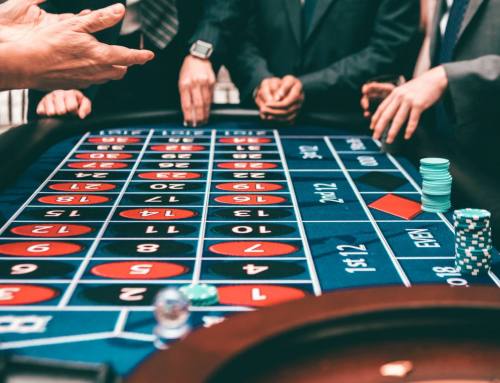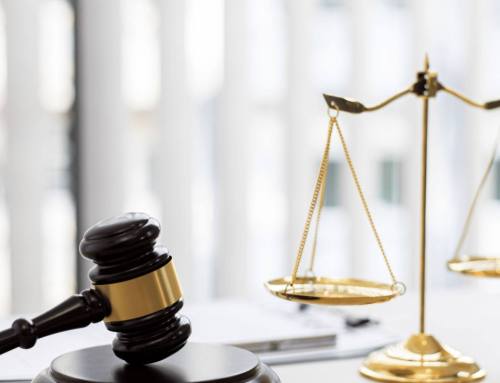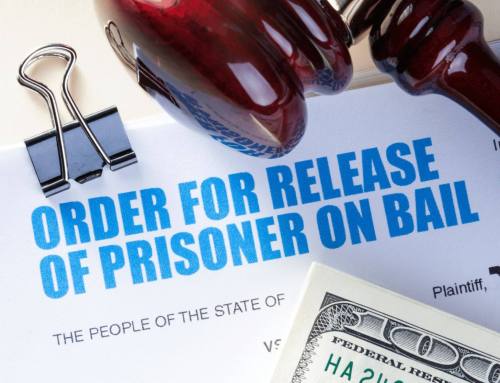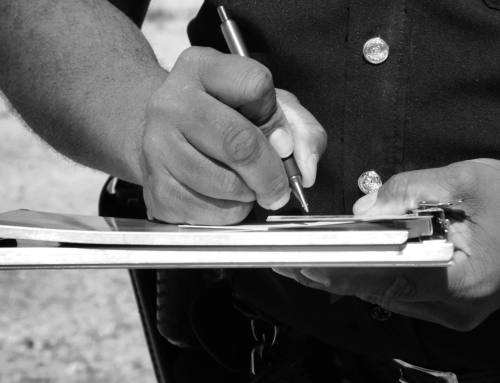If someone you know has been arrested in Las Vegas or elsewhere in Clark County, you probably have many questions about bail bonds. At Lightning Bail Bonds we have heard them all, so don’t be afraid to ask us any questions you may have. Having the answers will enable you to make the right choices for the future, and that’s what we want for you.
COMMON QUESTIONS ABOUT BAIL BONDS
Each case is different, so your questions may be unique to your particular situation. However, following are some of the questions we often hear from defendants and their loved ones, along with the answers.
1. What types of bonds are available?
Most commonly, there are four types of bail bonds:
- Cash: The full amount of bail is paid to the court. If the defendant shows up for all court hearings, you will generally get all your money back.
- Surety Bond: You pay a bail bond agency a fee of about 10 percent, and they pay the bail. The difference is that with a surety bond, you don’t get the fee back at the conclusion of the case.
- 10 Percent Cash or Surety: Only 10 percent of the full bail amount is required.
- Personal Recognizance: You’re released without having to pay bail. This usually only happens when the offense is relatively minor and there is little to no concern that the defendant won’t return.
2. Will cosigning a bail bond hurt my credit score?
A bail bond is similar to other financial transactions, so it shouldn’t affect your credit any more than owing money on a credit card.
3. What happens after an arrest?
After someone is arrested, the first step is the booking process, which includes having fingerprints and a photograph taken. Next is the arraignment, which must occur within 72 hours after the arrest; generally, the arraignment serves as a record of the charges and pleas, as well as to set the bail amount. In felony cases, the preliminary examination of the evidence against the defendant occurs about two weeks later. If the judge finds sufficient evidence for the case to proceed, it will be sent to the Clark County Circuit Court, where a variety of hearings will take place leading up to the trial.
4. What if my friend does not appear in court?
When you cosign a bail bond, it’s basically your assurance that the defendant will return to court. If the defendant skips bail, you won’t get your money back, and the bail bond agency could have the right to send a skip tracer to find the fugitive.
5. Can a bail bondsman negotiate the cost of bail?
No. Only a judge can decide to change the bail amount.
ASK US THE REST OF YOUR QUESTIONS
If you have other questions about bail bonds, feel free to contact us to learn more. We can be reached through our Lightning Bail website, by phone at (702) 333-2663, or by email at info@lightningbail.com.





